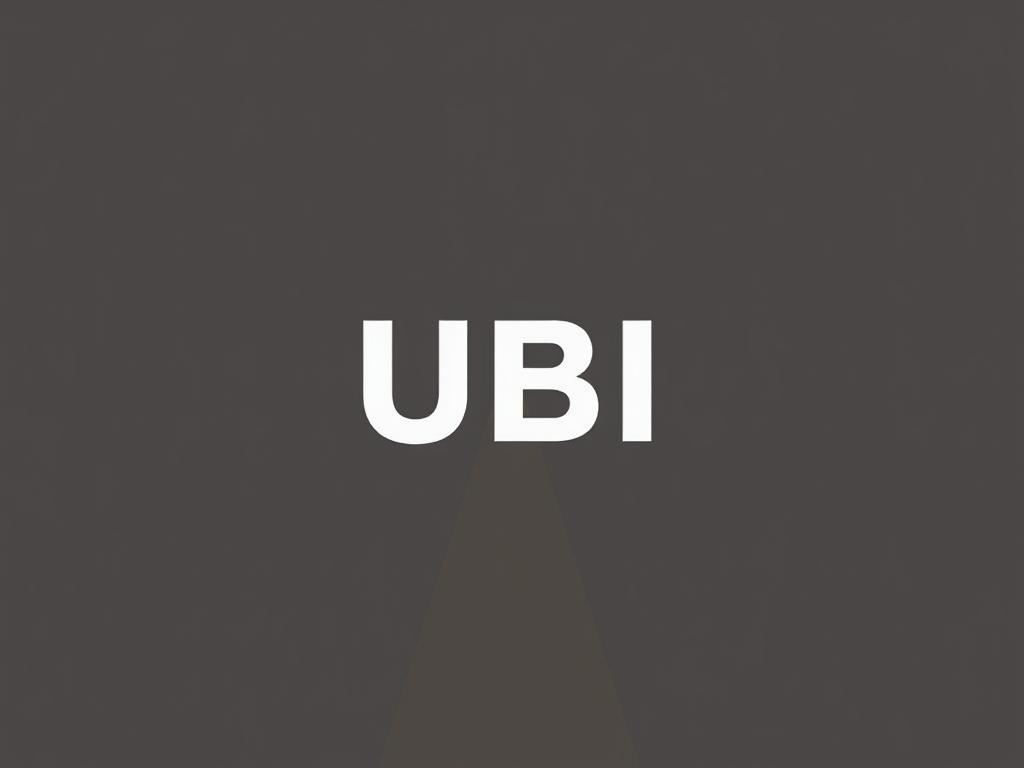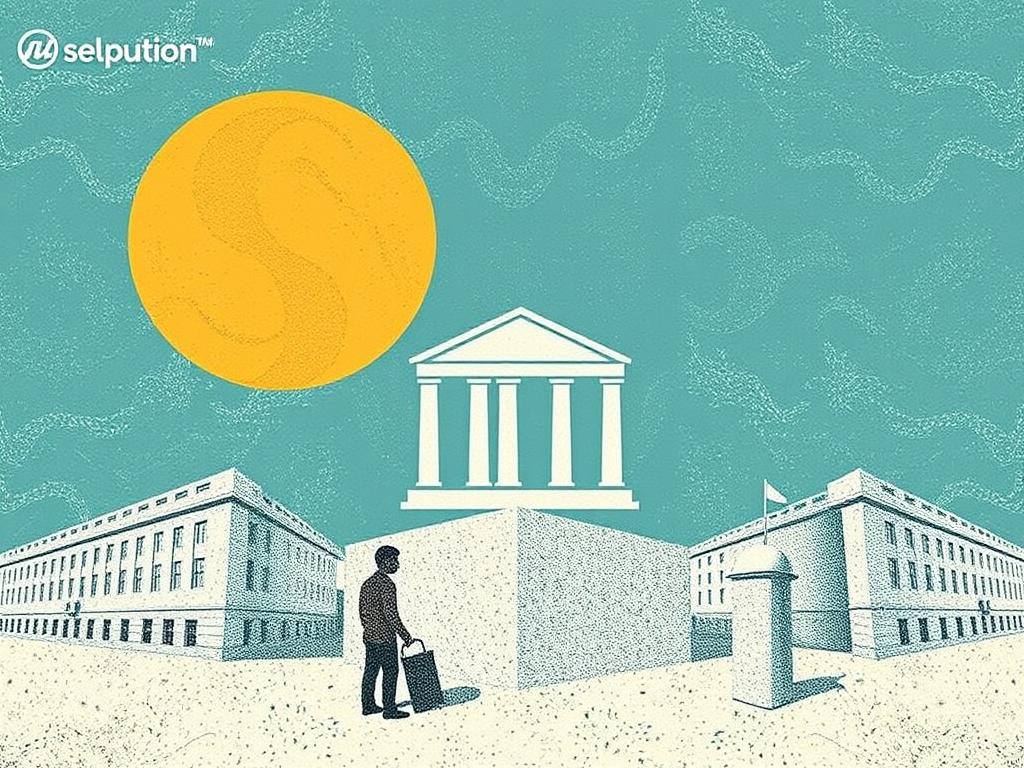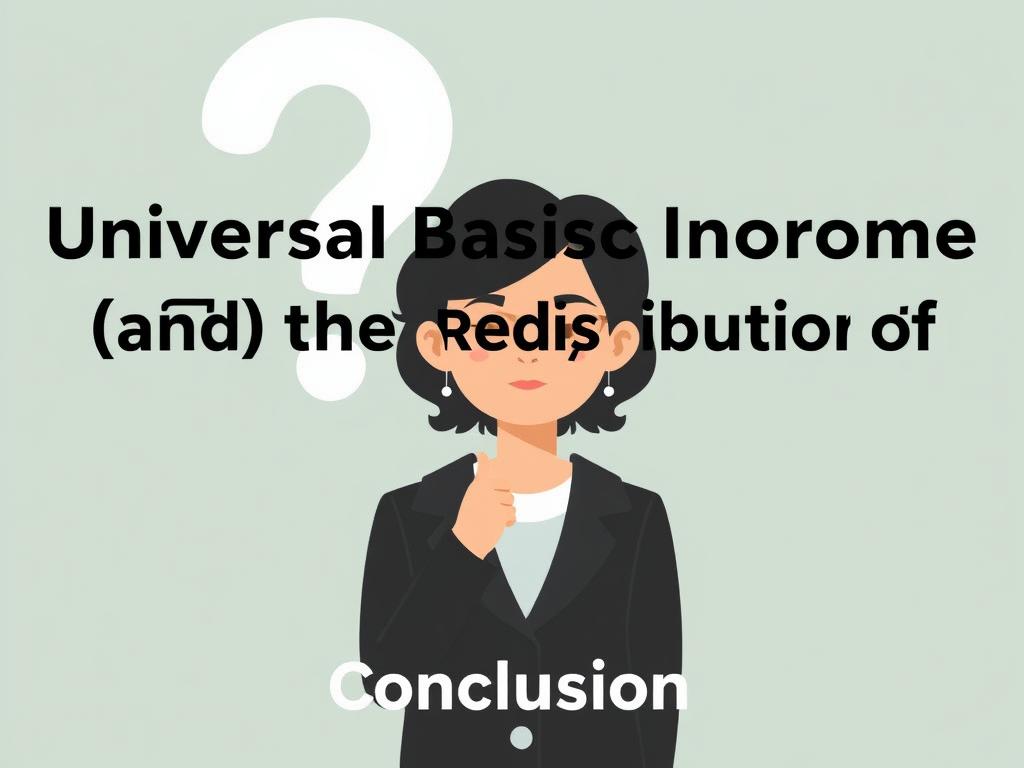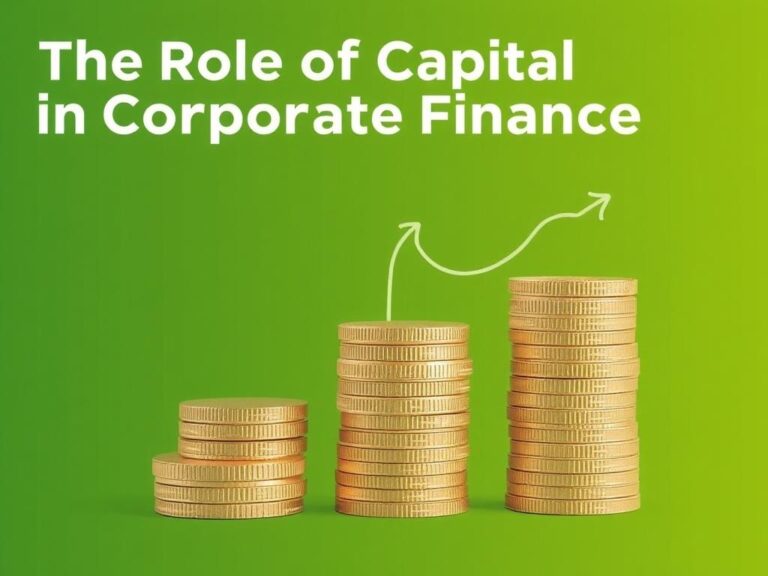Universal Basic Income (UBI) and the Redistribution of Capital: A Path to Economic Equity?
What Is Universal Basic Income?

Universal Basic Income, often abbreviated as UBI, is a bold economic proposal that has been gaining traction around the world. At its core, UBI is a system where every citizen receives a regular, unconditional sum of money from the government, regardless of their work status or income level. Imagine receiving a steady monthly payment, just for being alive and part of society. This simple concept challenges traditional welfare models and aims to provide a financial safety net that supports basic living costs without the bureaucracy and stigma often associated with social assistance programs.
The idea isn’t entirely new. Philosophers and economists have debated similar concepts for centuries, but recent technological changes, automation, and economic inequality have pushed the subject back into the spotlight. Advocates argue that UBI can empower individuals, reduce poverty, and stimulate the economy by redistributing capital more evenly across society. But how realistic is this vision? And what role does the redistribution of capital play in making UBI work?
The Redistribution of Capital: What Does It Mean?
When discussing Universal Basic Income, the term “redistribution of capital” often comes up. In simple terms, redistribution of capital refers to shifting wealth and economic resources from those who have a lot to those who have less. This shift usually happens through taxation, government spending, or policy changes designed to reduce economic disparities. It’s about balancing the scales so that everyone can participate more fully in the economy.
To understand redistribution of capital better, consider the following table showcasing common mechanisms used in countries to redistribute wealth:
| Method | Description | Example |
|---|---|---|
| Progressive Taxation | Higher earners pay a larger percentage of their income in taxes. | Top income tax brackets in Scandinavian countries. |
| Social Welfare Programs | Government-funded services and benefits targeted at lower-income individuals. | Unemployment benefits, food assistance programs. |
| Capital Gains Tax | Taxes on profits from investments or asset sales. | Taxing stock market gains to fund social programs. |
| Universal Basic Income | Unconditional money given to all citizens to meet basic needs. | UBI pilot programs in Finland and Canada. |
The redistribution of capital plays an essential role in financing UBI. Without redistributing wealth, funding a universal and unconditional income for everyone would be nearly impossible, especially in high-income countries facing growing inequality.
Why Is Redistributing Capital Important for UBI?
At first glance, giving everyone money sounds simple — but the economics behind Universal Basic Income are complex. Funding such a program requires a significant resource pool, and this is where the redistribution of capital comes in.
The wealthy, who hold a disproportionate share of capital assets such as stocks, bonds, and real estate, contribute through taxation to create this resource pool. By redistributing capital from these groups to the broader population, governments can generate enough revenue to support UBI payments. This process is not only about funding; it also helps reduce the gap between the rich and the poor, fostering a more stable and peaceful society.
Another critical point is how the redistribution of capital through UBI affects the economy. When people have guaranteed income, they have more purchasing power to spend on goods and services. This increased consumption can boost local businesses and stimulate economic growth. Moreover, UBI can provide a cushion against economic shocks, such as job loss or unexpected expenses, making the redistribution cycle feel more like an investment in human potential rather than an endless handout.
How UBI Could Change the Traditional Welfare System
One of the most exciting promises of Universal Basic Income is its potential to transform the way societies approach welfare. The current system often involves complicated eligibility criteria, means-testing, and various bureaucratic hurdles that can leave many people underserved or stigmatized. UBI’s unconditional nature means it is simpler to administer and more inclusive.
This shift from targeted welfare programs to a universal system represents a radical redistribution of capital, where resources are allocated broadly, preventing poverty rather than just responding to it. Instead of a patchwork of programs, UBI offers a streamlined approach to economic security that can reduce dependency on charitable organizations and fragmented social services.
Potential Challenges in Implementing UBI and Redistributing Capital
Of course, no discussion of Universal Basic Income and the redistribution of capital is complete without addressing the challenges. Such large-scale economic changes come with concerns about inflation, work incentives, and government debt. Critics warn that if UBI is not carefully designed, it could lead to rising prices or discourage people from working, reducing overall productivity.
Moreover, the idea of redistributing wealth, especially capital, can face political resistance. Wealthy individuals and corporations often have significant influence on policy, which can slow or dilute redistribution efforts. Finding a fair and effective way to tax capital, particularly hidden assets or offshore holdings, remains a tough hurdle.
Global Perspectives: Who Is Trying UBI and Redistribution?
Around the world, several countries and cities have experimented with UBI pilots to test how it might work in practice. For example, Finland conducted a two-year experiment providing a basic monthly income to unemployed citizens, aiming to simplify the welfare system and improve well-being. Similarly, Canada’s Ontario province tried UBI trials focused on low-income residents, focusing on reducing poverty and financial stress.
These trials rely heavily on the redistribution of capital through government budgets funded by taxes. While the pilots differ in scale and duration, they offer valuable insights into how capital redistribution can support UBI’s goals.
Comparing Redistribution Models
Here’s a quick summary comparing different redistribution approaches related to UBI:
- Targeted Welfare Programs: Focus on specific needy groups but require heavy bureaucracy.
- Universal Basic Income: Broad, unconditional payments aiming for inclusivity and simplicity.
- Negative Income Tax (NIT): A system where people earning below a certain amount receive supplemental pay instead of benefits.
- Job Guarantee Programs: Ensure employment opportunities to redistribute wealth through wages rather than direct payments.
Each system uses redistribution of capital in different ways, and many economists suggest a combination might work best.
The Social and Psychological Impact of UBI and Capital Redistribution

Beyond economics, Universal Basic Income and capital redistribution also affect people’s sense of security, dignity, and freedom. Knowing that basic financial needs will be met allows individuals to pursue education, creative projects, or entrepreneurial ventures without the constant pressure of meeting day-to-day expenses. This empowerment can lead to more innovation and social cohesion.
In contrast, poor economic distribution often leads to stress, health problems, and social unrest. By redistributing capital through mechanisms like UBI, societies can potentially heal some of these fractures and build more resilient communities.
Future Outlook: UBI and Redistribution in a Changing World
As automation and artificial intelligence continue to reshape economies, many fear job losses and widening inequalities. Universal Basic Income, backed by effective redistribution of capital, could be a timely solution to counter these challenges. Policymakers and thinkers are actively debating how to redesign tax systems, close loopholes, and manage public finances to accommodate such programs sustainably.
If implemented successfully, UBI paired with thoughtful redistribution could redefine work, consumption, and social welfare, ushering in a new era of shared prosperity.
Conclusion

Universal Basic Income and the redistribution of capital are intrinsically linked ideas aimed at addressing economic inequality and ensuring basic financial security for all citizens. While UBI offers the promise of simplicity, inclusivity, and empowerment, it relies heavily on the redistribution of capital through fair taxation and government policies to become a reality. The road ahead is complex, facing economic, political, and social challenges, but the potential benefits for society make this a compelling topic for ongoing discussion. As experiments around the globe provide new data and insights, the conversation about UBI and capital redistribution will only grow more relevant, shaping the future of how wealth supports human well-being.







